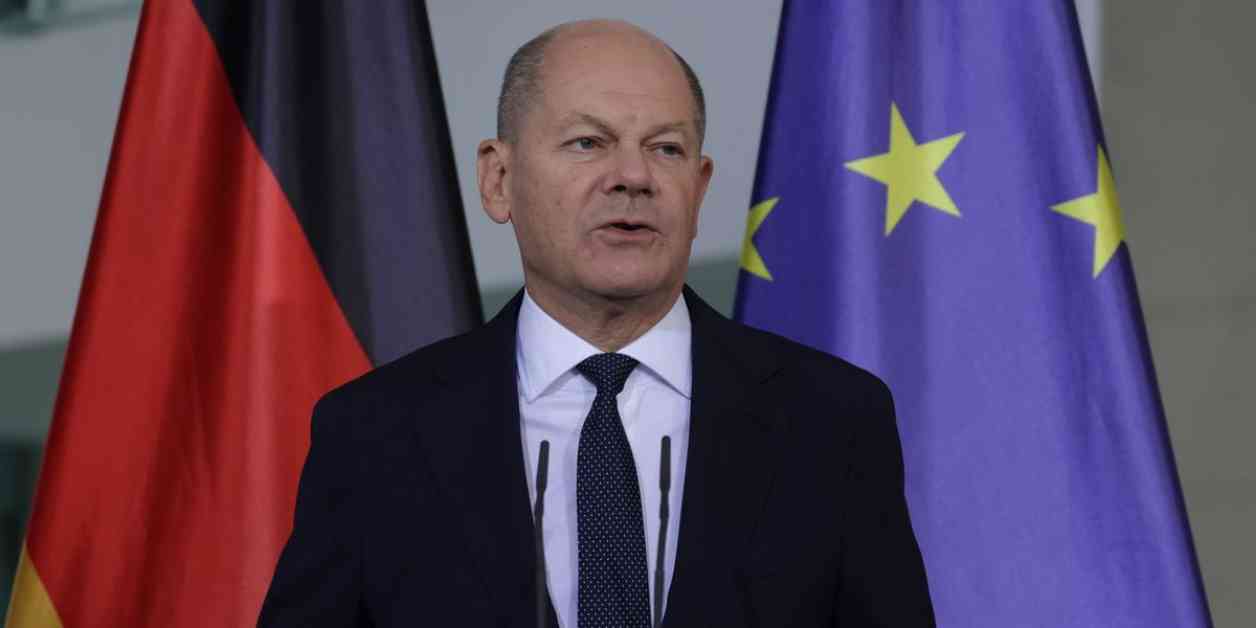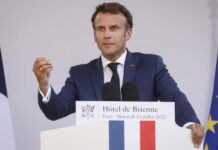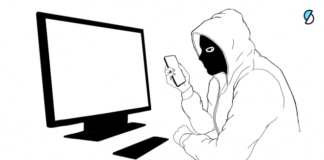German Chancellor Olaf Scholz has announced a snap election after his three-party coalition government collapsed. Scholz is pushing for a vote of confidence to take place by January, with the goal of moving the federal election from September to March.
The decision to call for an early election came after Scholz dismissed Finance Minister Christian Lindner from the Free Democratic Party (FDP) for rejecting a proposal to suspend government borrowing rules. Scholz expressed frustration with the lack of compromise and the focus on ideological disputes within the coalition.
The move to hold a snap election has significant implications for the future of Germany’s political landscape. It will be a crucial test for Scholz and his party, the Social Democratic Party, as they seek to maintain power in the face of growing challenges and opposition.
The collapse of the coalition government has raised questions about the stability of German politics and the ability of leaders to effectively govern the country. The upcoming election will be closely watched by both domestic and international observers as Germany grapples with economic challenges, social issues, and the ongoing impact of the COVID-19 pandemic.
As the political situation in Germany continues to evolve, it is important for voters to stay informed and engaged in the democratic process. The outcome of the snap election will have far-reaching consequences for the country and its place in the European Union.
Stay tuned for updates and analysis as the election date approaches and the campaign heats up. The future of Germany is at stake, and the choices made by voters will shape the direction of the country for years to come.














